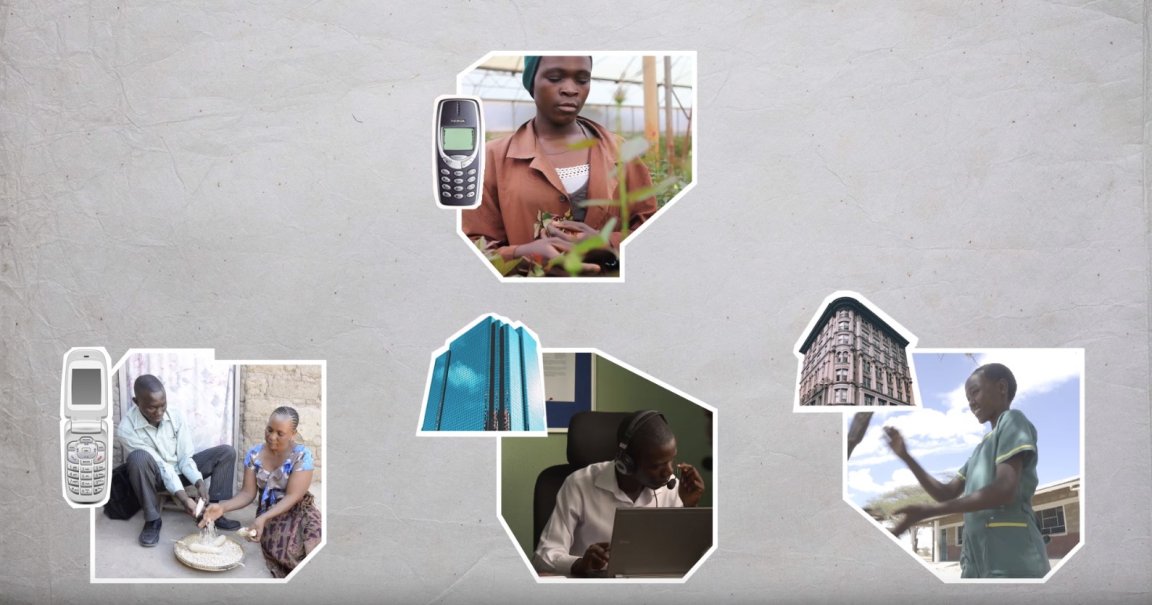
Interoperability is Key
The Bill & Melinda Gates Foundation is no stranger to blockchain. Since 2015, the foundation has been working on ways to use the decentralized digital ledger of transactions through its Level One Project. Now, they’ve launched Mojaloop, which is an open-source payment platform designed for people who lack access to the usual payment services.
Mojaloop’s mobile payment software, built as part of the Level One Project, is powered by the Interledger technology, which in turn was built by distributed ledger technology (DLT) startup Ripple. It “establishes a blueprint for connecting today’s financial services sector, and can be used as a solution to barriers that banks and providers seeking interoperability have traditionally faced,” the foundation’s announcement said. In short, Mojaloop wants to link financial institutions, payment providers, and other companies that provide payment services and share information using blockchain.

The Ideal Platform
Blockchain’s secure and decentralized nature makes it ideal for such interoperability or sharing of information that’s particularly crucial in financial transactions. “Interoperability of digital payments has been the toughest hurdle for the financial services industry to overcome,” Kosta Peric, Financial Services for the Poor deputy director at the Gates Foundation, said in the press statement. “With Mojaloop, our technology partners have finally achieved a solution that can apply to any service, and we invite banks and the payments industry to explore and test this tool.”
Aside from Ripple, the Gates Foundation also worked with other financial technology companies to make Mojaloop easily accessible. An open application programming interface (API) for mobile systems companies developed by Ericsson, Huawei, Telepin, and Mahindra Comviva will make it easier for mobile money providers to integrate their services with, and build products for, Mojaloop. Interested software developers can view the code here.
Mojaloop is yet another example of how blockchain is breaking the traditional financial service setup, which ends up benefitting a greater number of people. As the foundation notes, it’s a step at leveling the economic playing field “by crowding in expertise and resources to build inclusive payment models to benefit the world’s poor.”
Disclosure: Several members of the Futurism team, including the editors of this piece, are personal investors in cryptocurrency markets. Their personal investment perspectives have no impact on editorial content.